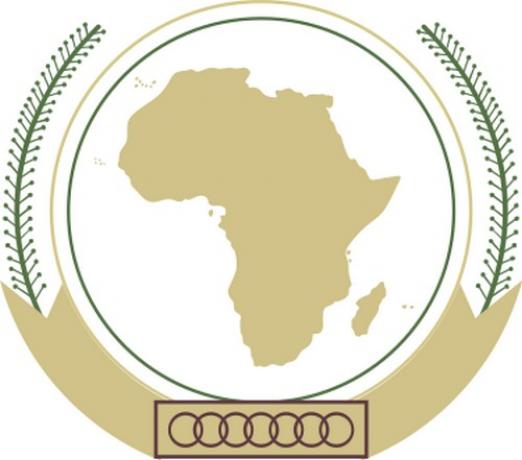African Declaration Coalition welcomes ACHPR Resolution on the Right to Freedom of Information and Expression on the Internet in Africa
African Declaration Coalition welcomes ACHPR Resolution on the Right to Freedom of Information and Expression on the Internet in Africa

On 4th November 2016, the African Commission on Humans and Peoples Rights (ACHPR) - Africa’s most powerful regional human rights mechanism - adopted the ‘Resolution on the Right to Freedom of Information and Expression on the Internet in Africa’ - ACHPR/Res. 362(LIX) 2016.
The adoption of this resolution represents a significant win for the Coalition behind the African Declaration on Internet Rights and Freedoms, which has been working closely with the ACHPR and other relevant forums to put human rights on the internet policy agenda. In recognising that the Internet is an enabler of human rights, the Resolution marks a decisive break from popular narratives presenting the Internet as a threat to security, which continue to feed a growing trend towards repressive and disproportionate measures that censor and curtail free speech, and even cut off entire networks of communication. Through this resolution the ACHPR, among other things: Reaffirms the fundamental right to freedom of information and expression enshrined under Article 9 of the African Charter on Human and Peoples’ Rights and in other international human rights instruments; Affirms that “the same rights that people have offline must also be protected online,” as established by the United Nations Human Rights Council (HRC) resolution of 2012; and, referencing the same HRC resolution, recognises “the global and open nature of the Internet as a driving force in accelerating progress towards development in its various forms”;
- Calls on State Parties to respect and take legislative and other measures to guarantee, respect and protect citizens’ right to freedom of information and expression through access to the internet; and
- Notes with concern the “emerging practice of State Parties of interrupting or limiting access to telecommunication services like the Internet, social media and messaging services increasingly during elections”.
The Resolution also specifically acknowledges the value of the African Declaration as a document which “elaborates on the principles which are necessary to uphold human and people’s rights on the Internet, and to cultivate an Internet environment that can best meet Africa’s social and economic development needs and goals.” Commenting on the Resolution, Anriette Esterhuysen, executive director of the Association for Progressive Communications (APC) and a member of the Coalition behind the African Declaration, said: “This recognition that the internet enables freedom of expression around the continent by one of Africa’s most important public institutions is incredibly encouraging. Millions of Africans use it every day to speak out, share information, and demand delivery and accountability from government – in spite of cost and access barriers.” “We are especially pleased that the resolution recognises the value of the African Declaration of Internet Rights and Freedoms. The Declaration was developed over a two-year period by African media groups, human rights defenders, and internet organisations whose work is directly affected by shutdowns, or other restrictions to online freedom of expression. Seeing it recognised at this level is a tribute to the hard work of the African Declaration coalition.” The African Declaration Coalition welcomes the Resolution as a positive step forward, providing policymakers with a useful guide and reference point. At the same time, it emphasises the need for continued engagement with relevant stakeholders to ensure the commitments in the Resolution are put into practice, and the 13 principles of the Declaration are widely understood. The resolution text itself highlights possible avenues for further engagement - pointing to the upcoming revision of the ‘Declaration of Principles on Freedom of Expression in Africa’, led by the Special Rapporteur on Freedom of Expression and Access to Information in Africa. Civil society, state parties and all other stakeholders are urged to are urged to collaborate with the Special Rapporteur on this revision. To find out more about the African Declaration and how you can get involved, visit http://africaninternetrights.org/, endorse the Declaration, share stories of internet rights via an interactive tool, join the conversation at #africaninternetrights and follow @AfricaNetRights on Twitter.
